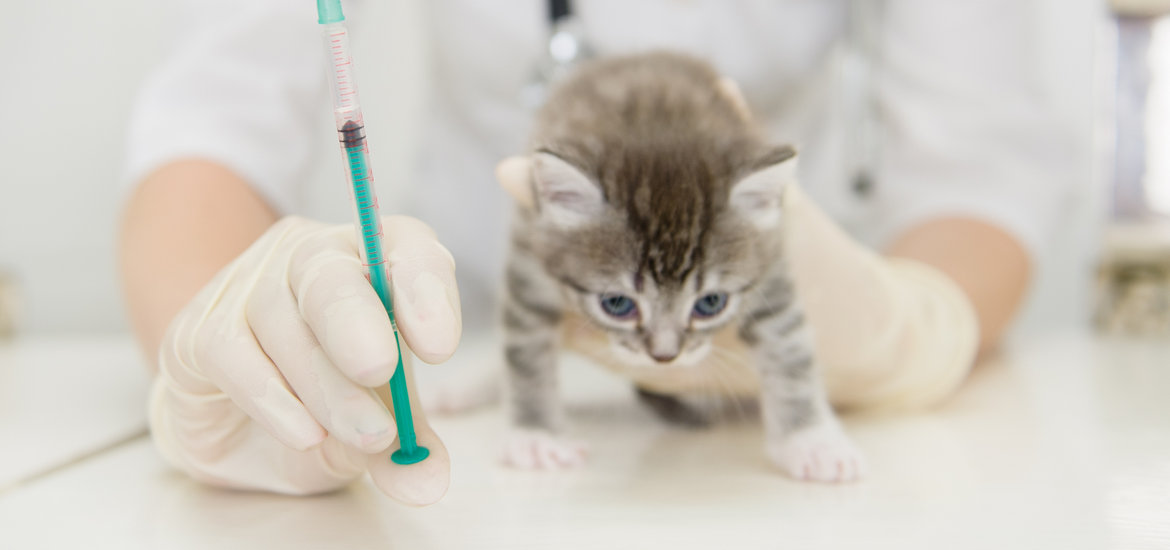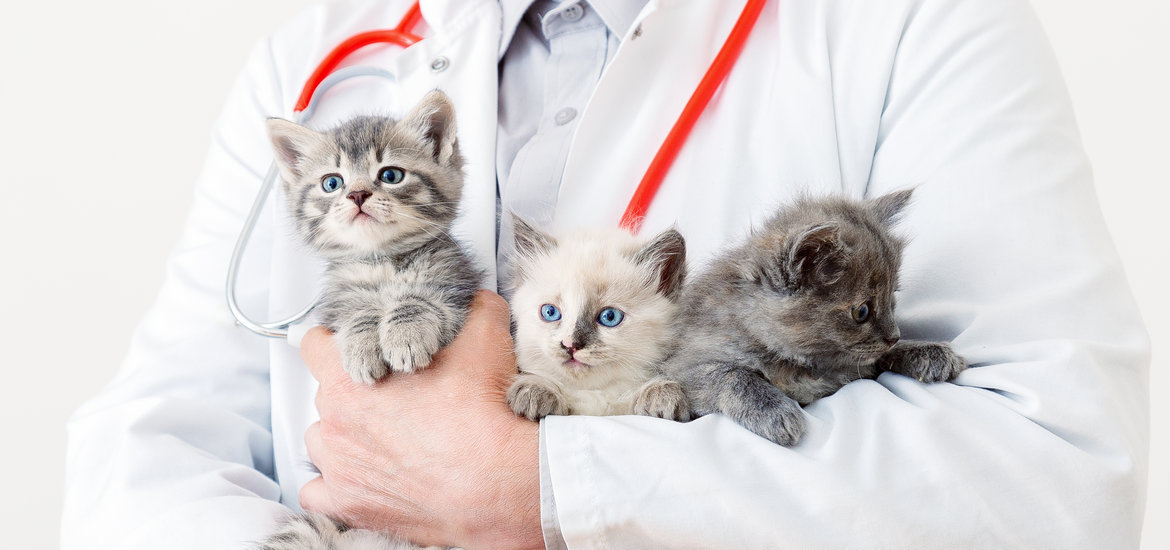Aug 3, 2022, 5:45 PM
When it comes to health treatments and options for keeping their devoted animal children secure and inoculated, pet parents frequently oscillate between them and tend to become confused. Animal ailments, however, might come from their genes, breed, or other environmental variables, just like human conditions. Only measures can be taken. It is never certain whether a titer test is required because kittens are still so young. The discussion centers around the fact that vaccination is a sensible step that aids in immunizing your furry children but, on the other hand, occasionally does not result in immunization. Even if you have followed the vaccination schedule to the letter, certain kittens may not be completely protected from contracting one of the major illnesses, such as feline herpes virus, feline caliciviral, feline panleukopenia virus, etc. However, thanks to products like Biogal Feline VacciCheck that are easily available at the veterinary clinics in Dubai via Eurovets. The Feline VacciCheck is a self-contained, portable kit that can perform 12 tests. Users can test feline's cat or blood serum with this kit and receive results in 30 minutes.

Circumstances Under Which Particular Vaccinations Fail
Failure to develop an immune defense following immunization is also due to primary vaccine failure. These animals typically have weakened immune systems as a consequence of genetic abnormality.
In the early stage of nursing the kittens, the mother passes her protective antibodies called Maternally Driven Antibodies to the kittens. While the MDA keeps the kitten safe from any infection, it could also impact the efficiency of the vaccine administered to the kitten.
There are variations among vaccines. The effectiveness, safety, and longevity of immunization may be affected by differences in the technology used to make vaccines by various companies, the method of administration, and improper storage.
A Real Case
According to the accepted local protocol, three kittens were vaccinated at the age of two months, further followed by a booster shot. While the kittens didn't display any effects from the vaccination, two of the kittens, around three months later, started showing different symptoms and signs, resulting in hospitalization, and blood tests revealed they had FPV infection. Biogal VacciCheck determined later that the third kitten was also infected; however, it showed no signs.

The Intensity of The Prevailing Dangers
The FPV virus, also known as feline infectious enteritis, feline parvoviral enteritis, and feline ataxia, can infect cats. It is caused by the feline parvovirus, is exceedingly contagious, and can potentially be lethal, particularly in kittens between the ages of two and six months, pregnant females, and cats with weakened immune systems. These patients typically have low levels of white blood cells.
To Sum Up
A certain proportion of kittens won't build strong immunity against FPV in response to vaccination. The VacciCheck Titer Test from Biogal will determine whether the necessary immune response has arisen or if more immunization is essential. If the test shows that the titer is insufficient, it is recommended that this kitten be isolated until the vaccine has been confirmed. To determine whether the core vaccine has generated enough protective titer, it would make sense to test all kittens two weeks after the last booster. Therefore, the answer is always yes if you are still debating getting a titer test after receiving a vaccination. These 30-minute at-home kits are made available to all UAE clinics by the top veterinary supplier in Dubai.
